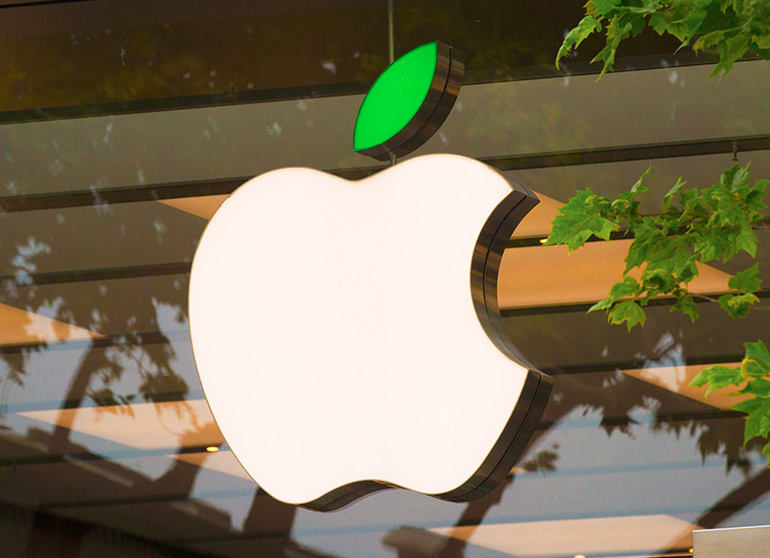Three new year's resolutions for Apple


It was certainly a year of ups and downs for Apple, which took steps to shore up many of its products outside the core iOS portable offerings. The Apple Watch got a new user interface, but the smartwatch category drags. Apple TV got a new content navigation app (but not an integrated Apple television service). The redesigned MacBook, of course, got a wee strip of touchy goodness. Even the EarPods evolved into a game-changing wireless successor. But while Apple delivered on its annual iPhone update, there wasn't much beyond a revised Home button with an odd click feel and dual cameras that have been cropping up elsewhere.
The year ahead
While nagging accusations of innovation slowdown have the company defending its pursuit of artificial intelligence and continuing to investigate "interesting areas" such as self-driving cars and augmented reality, here are some simple wins based largely on its competitive environment today.
Revitalize the iPhone. Apple is more than an iPhone company. But when it comes to revenue contribution, no other product it offers even comes close. As we approach its 10th anniversary and smartphone penetration grows, competitive challenges to the iPhone have never been greater. Google itself is attacking from the high-end and midrange phones released from Chinese manufacturers look increasingly impressive.
Rumors have swirled that the next-generation iPhone may have more efficient processors, have an even larger display (bucking mainstream screen downsizing) or used curved glass or plastic but, without further details, those would appear to just be following other companies' leads. However, after the apparent USB-C stopgap that was the Lightning connector, it would be nice to see Apple push wireless charging further mainstream.
Expand Siri integration. In 2016, Apple took steps to turn some of its key apps into platforms of their own. iMessage was one natural choice for this given the year's focus on chatbots. But the one that likely has even greater potential is Siri, Apple's voice agent that in many ways started the AI obsession tsunami circling the company like its new campus.
Today, only a handful of apps types can integrate into Siri, As with the iPhone hardware, though, Apple can expect growing competition here as Google steps up efforts with Google Assistant and Samsung begins to roll out its own agent based on its acquisition of Viv technology designed by Siri's creators.
Unveil a home voice agent approach. I once joked that Apple's answer to Alexa and Google Home could consist of little more than a cannister placed over an iPhone. Beyond the addition of far-field microphones and less reliance on a screen, more thought would surely go into such a product.
With Amazon announcing that it sold nine times as many Echo units as it did last holiday, the business case for a voice-driven home agent is being proven out even as questions remain about their utility. Even Google, which processes billions of voice commands every day via Android phones, sees the value of capturing different kinds of requests and commands within the home; there must be some value there for Apple as pumps up Siri and other AI efforts.